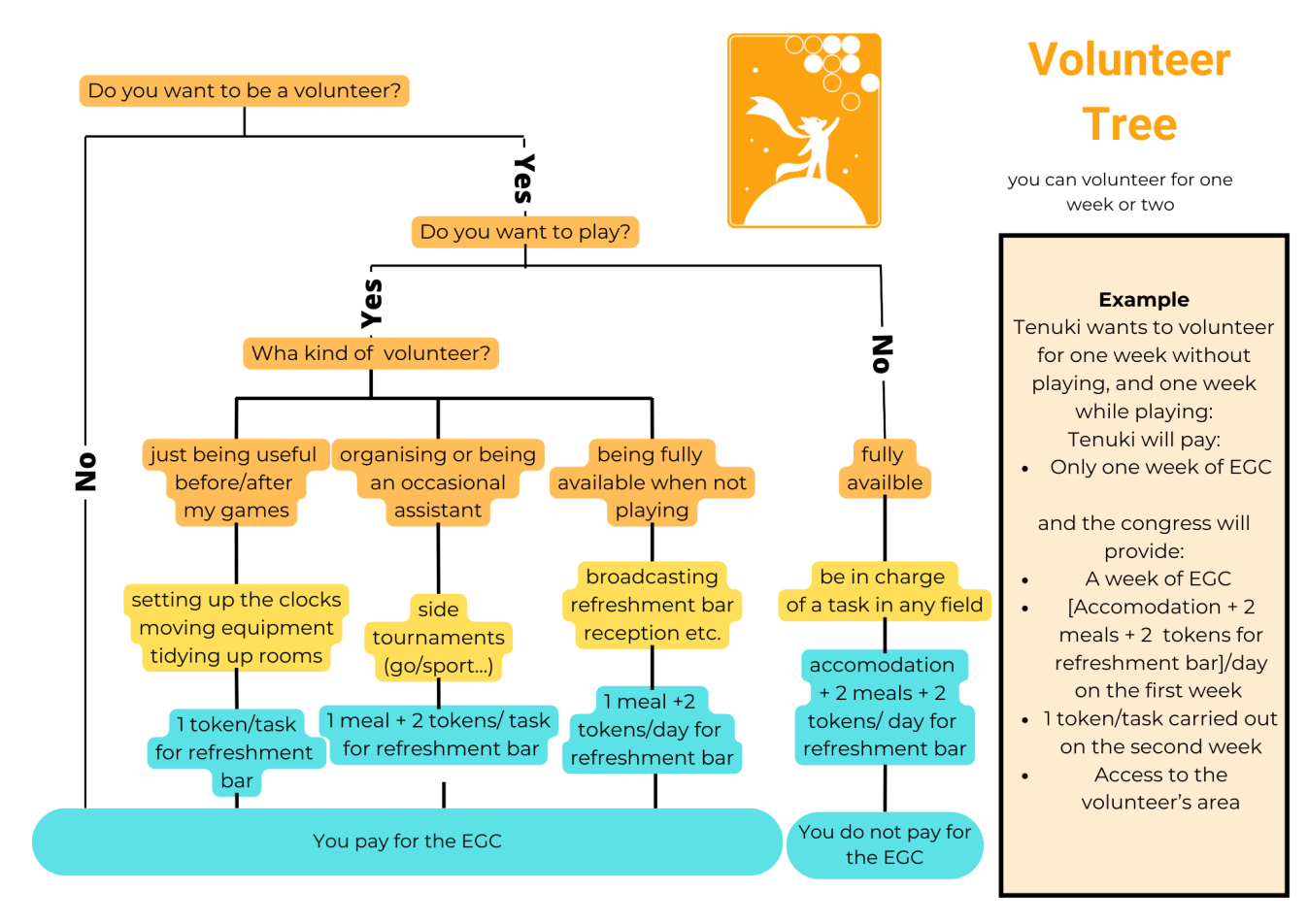Text by Matt Partridge, photo by Harry van der Krogt
Matt: Thank you for answering some questions, Jean-Yves! Could you tell me the story from the beginning, how did the 2024 Congress come about?
JY: I remember the last time we had the Congress in France, it was in Bordeaux in 2011 and we can’t say it was a full success. I was there just as a player, but just after that I became Vice-President of the EGF so I had some feedback from the players about how it went. Then one day I had the idea of organising the Congress when I had the time, which would mean when I retired after 35 years working at Airbus. The project had been in my head for a long time and I had some discussions with organisers in other French cities; what always stopped them from organising an EGC was the cost of accommodation. So I knew that that was something I would have to address in order to have a successful event.
Four or five years ago, I started to think about where we could organise it, and there is a new exhibition park that opened near Toulouse airport called Meet. It’s a huge complex with hotels and a tram connection to the centre of the city, I thought that might be the place. But it’s managed by a company that wants to have a return on the investment made by the region, I knew they would demand quite a large fee for hosting an event. Then, a go-playing friend of mine suggested ENAC, the national civil aviation school of France. He graduated from the school maybe forty years ago and had good connections to the director of the school. He spoke to him and arranged a meeting for me in January 2021, during the pandemic.
That was the starting point of our collaboration, the contact at that point was already very good. We drew up a proposition and some materials describing the game of go and the event, and we had an agreement in principle to move forward. I applied in the summer of 2021 to the French and European Go Federations to host the EGC in 2023, as the only applicant I was accepted. Then the school told me that they had planned construction work in the canteen that might not be ready in time for 2023, so we had to delay our plans to the year after. This meant that the 2023 Congress had to take place in Leipzig, Germany, but I was happy to have an extra year to prepare.
Matt: What was your vision for a Congress in Toulouse?
JY: We had lots of memories of the Congress in Bordeaux, and we had an archive of information with the FFG about the organisation. I’ve participated in many EGCs so I knew the principle of a Congress, about the specific events and side tournaments that should take place even if there is no fixed contract between the EGF and the Congress organisers. That’s something I’m working on, to have a more formal agreement in place. One of my focus areas in Airbus was project management, so I’m very keen to anticipate, to define the organisation in advance and to come prepared.
I started assembling my team in September 2022, it took time to formalise an agreement with the school. It was quite some time before they signed, it finally came in January this year. I split up the phases of the organisation like a game of go: fuseki, chūban, yose and counting. The fuseki phase was very long; the chūban phase started early this year; the yose phase was during the Congress itself and the counting phase begins towards the end of the Congress as we review the game, step back, review the finances and see what lessons we can pass on to the next organisers.
Matt: Is there a piece of advice you would already give to the organising team for the 2025 Warsaw EGC?
Be ready to adapt to various situations that are unplanned. Something I also consider very important is to communicate in advance with all the participants. We opened a public discord and we had plenty of email exchanges months before the start date about accommodation, for example. We tried to reply to and help everyone, and give lots of information about how to come, where to stay, where to eat and what to do in Toulouse. Perhaps we could have explained better what a Congress exactly is, I noticed there were some people who didn’t quite know what to expect from the event, especially those who hadn’t been to an EGC before.
The team is also very important; when you start, you are alone. Now there are over a hundred volunteers, some part time and some full time. This was a very good principle, which Loïc Lefebvre suggested from the start. First, I defined ten or so people to manage individual areas, like communication, volunteers, tournament organisation and professional relations. Then it was up to those people to build their own teams. The team spirit is very important: you build the team without knowing each other face to face, that was quite difficult. I like to know people so that I can adapt my management style to them, it’s difficult if everyone is a stranger and the only communication is via email or video.
Matt: Were you able to enjoy the Congress when it was underway? Or were you too busy putting out fires?
Firstly, if you are the organiser, you cannot play. Your mind is not on the game. It was a little frustrating, the final between Thomas and Andrii was the first game I was able to concentrate on. I want to play more as soon as the Congress is over, I haven’t played as much recently. Otherwise, I wasn’t as stressed as I expected, because the reaction of the team when we had problems was excellent, for example during the first round of the Open Tournament. The weather and the extreme temperature was a problem at the beginning, during the first few days. But I never felt overwhelmed by stress, just tired from going home, immediately falling asleep and getting up again.
Matt: Could you ever imagine organising a Congress again?
Yes, overall it was a pleasure. Everything went very well and I would not hesitate to organise a large event like a Championship again. The work isn’t over for us yet, we still have to pay all our invoices, compensate the volunteers and finish counting the game. Eventually, we will know whether we won by half a point, by ten points or if we lost by twenty points. But our prediction is that we will be ahead in the final count. [Writers note: Jean-Yves let me know since our interview that his prediction was correct!] Anyway, with the experience that I and my team gained, why not help the next Congress in Warsaw? Now is the time for all of us to join the team for the 2025 EGC!
Matt: Well said, Jean-Yves. On behalf of all the volunteers, the players and me personally, thank you very much for organising such an excellent Congress.
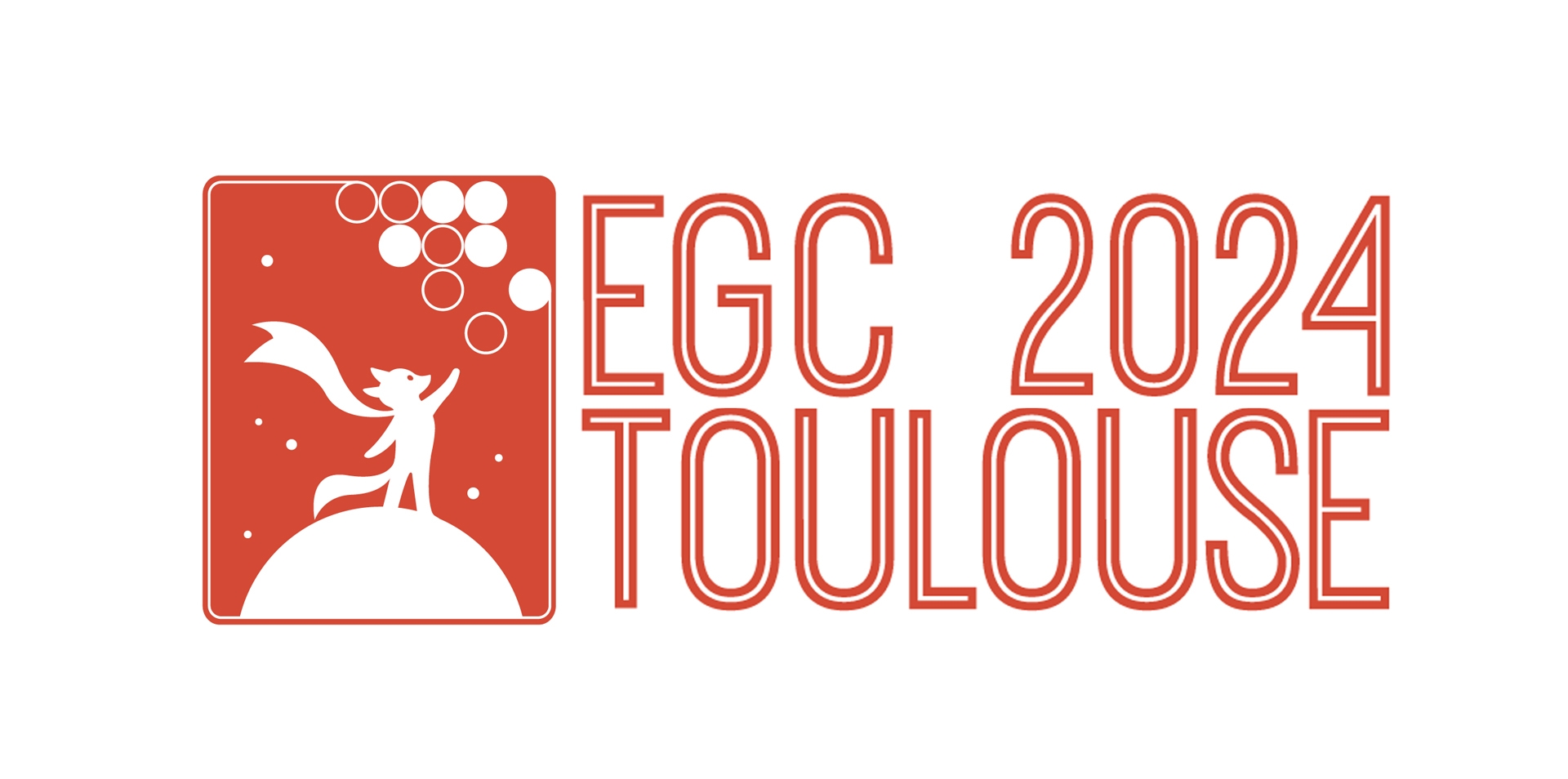
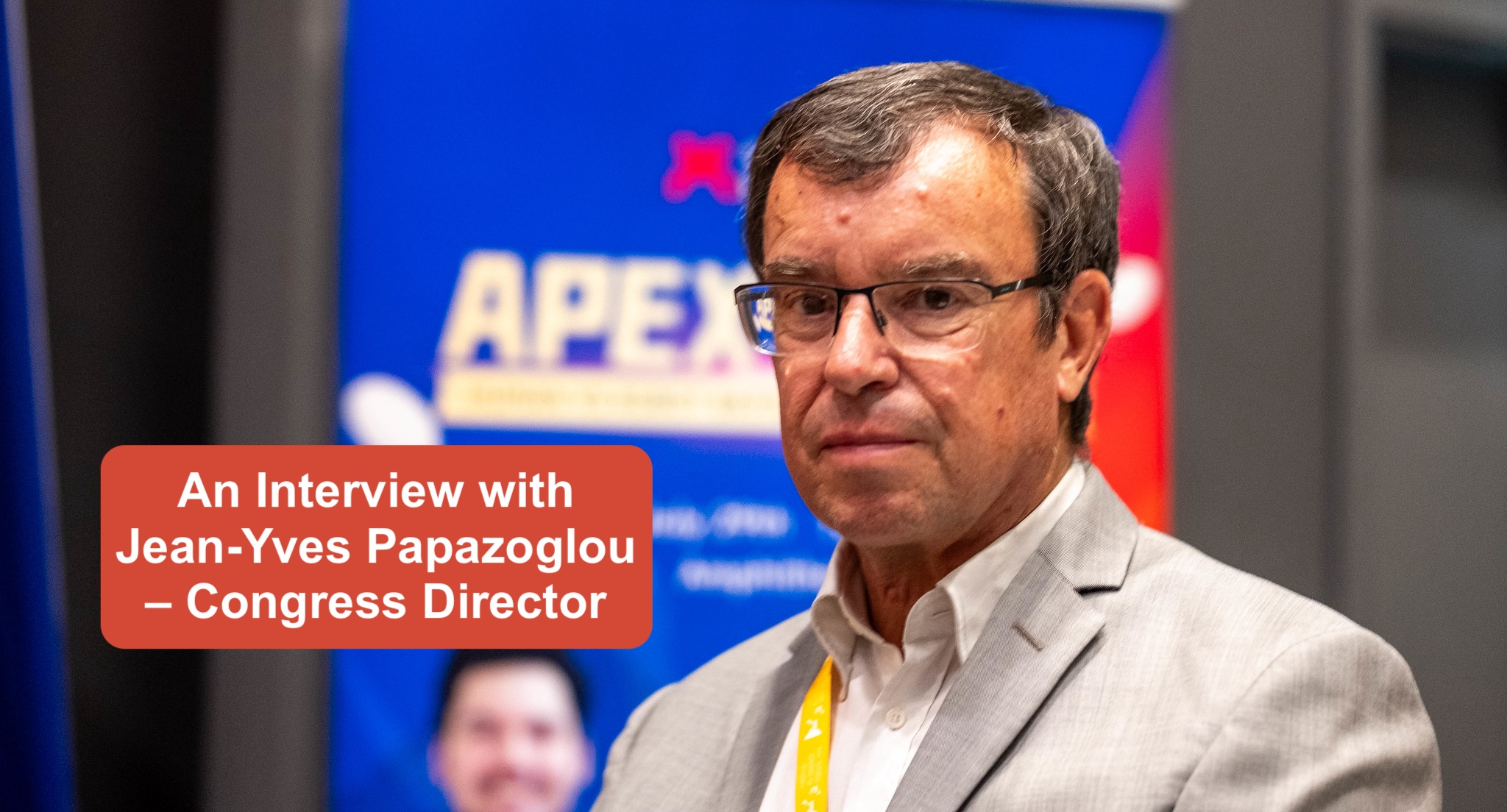
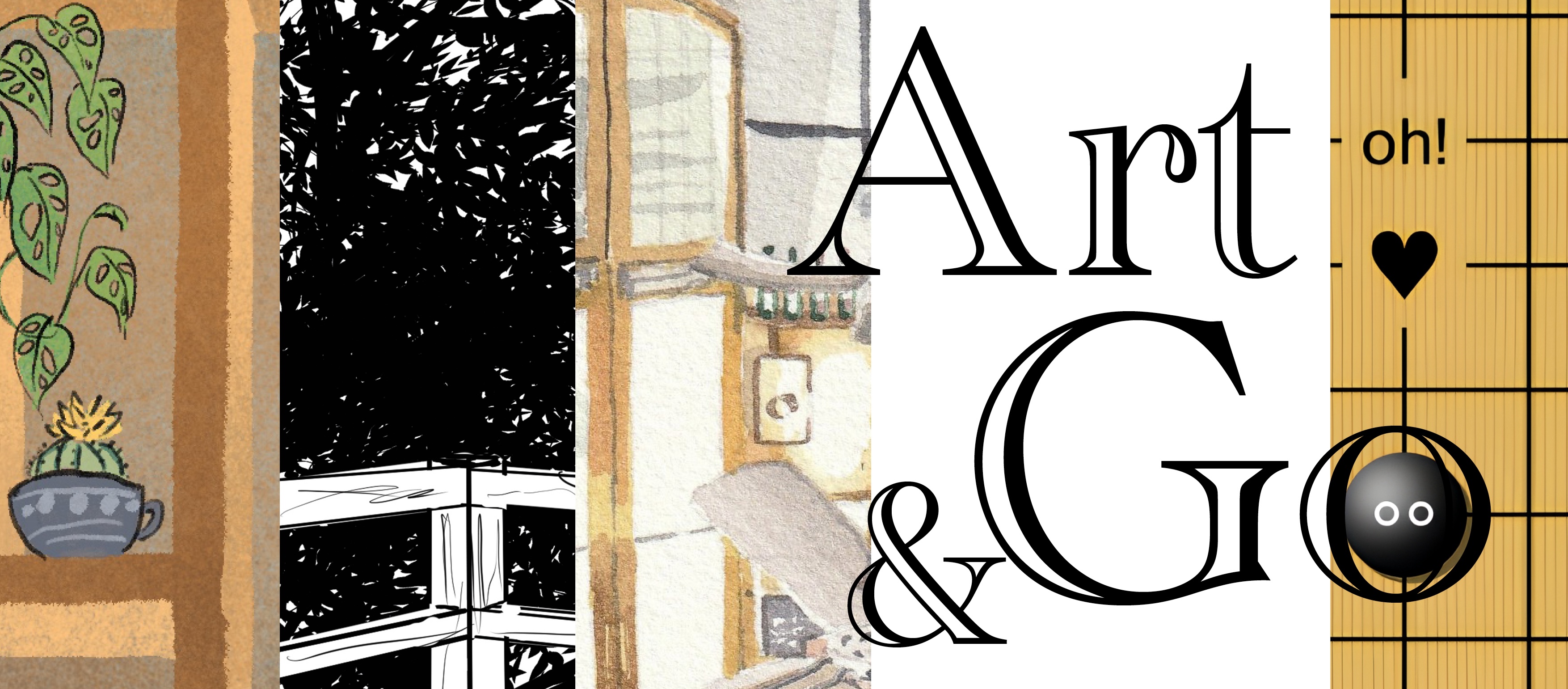
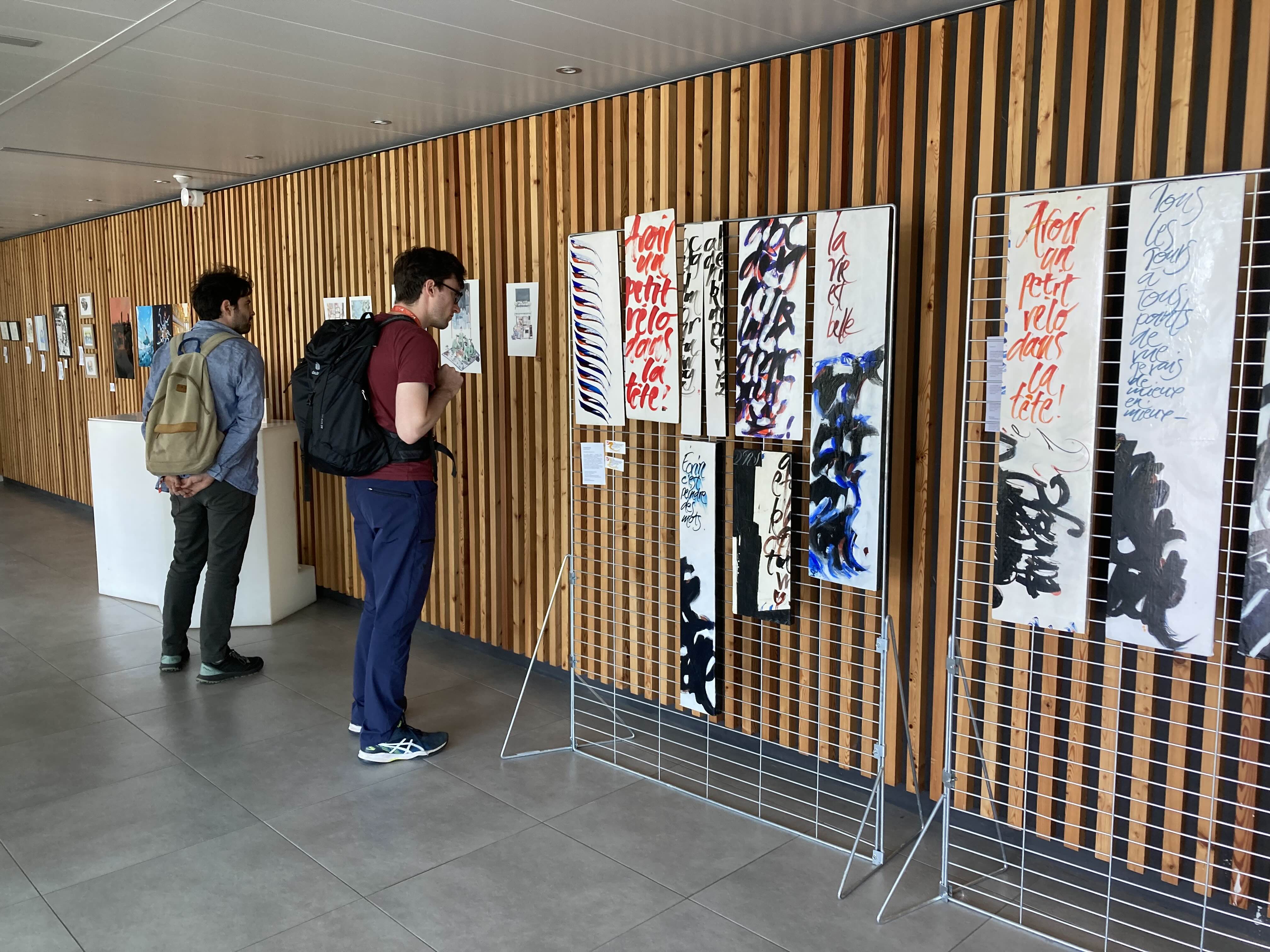
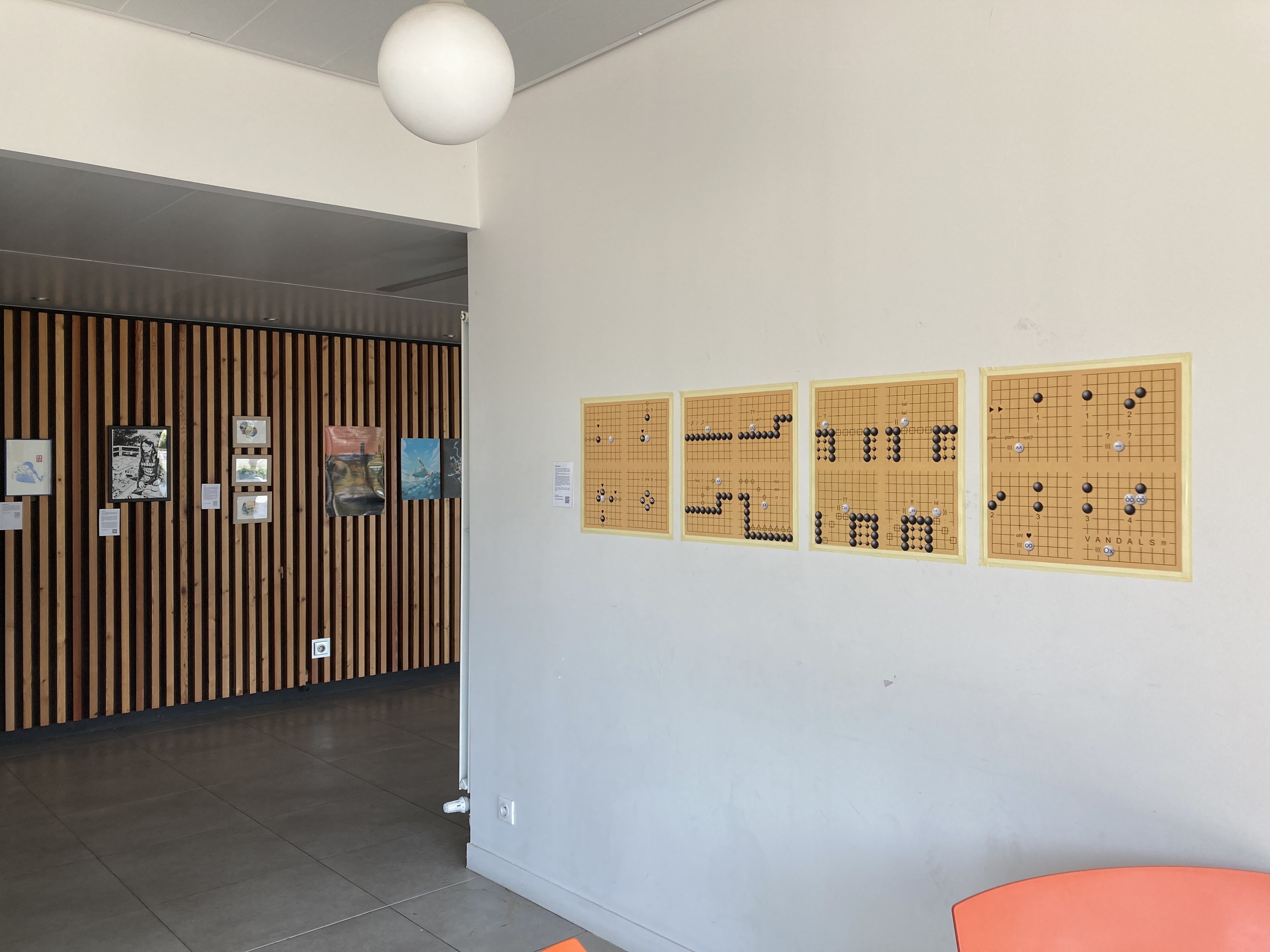
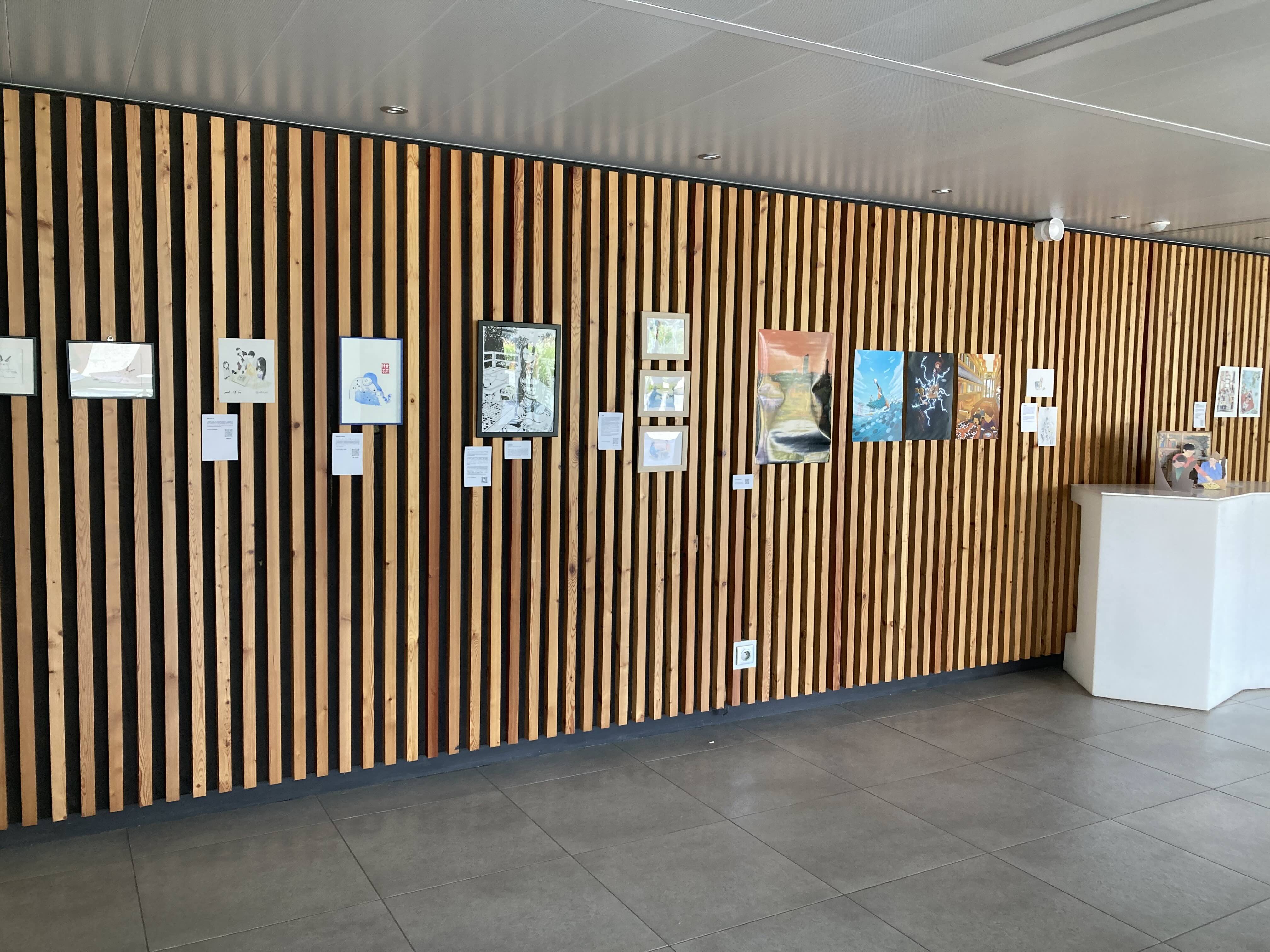
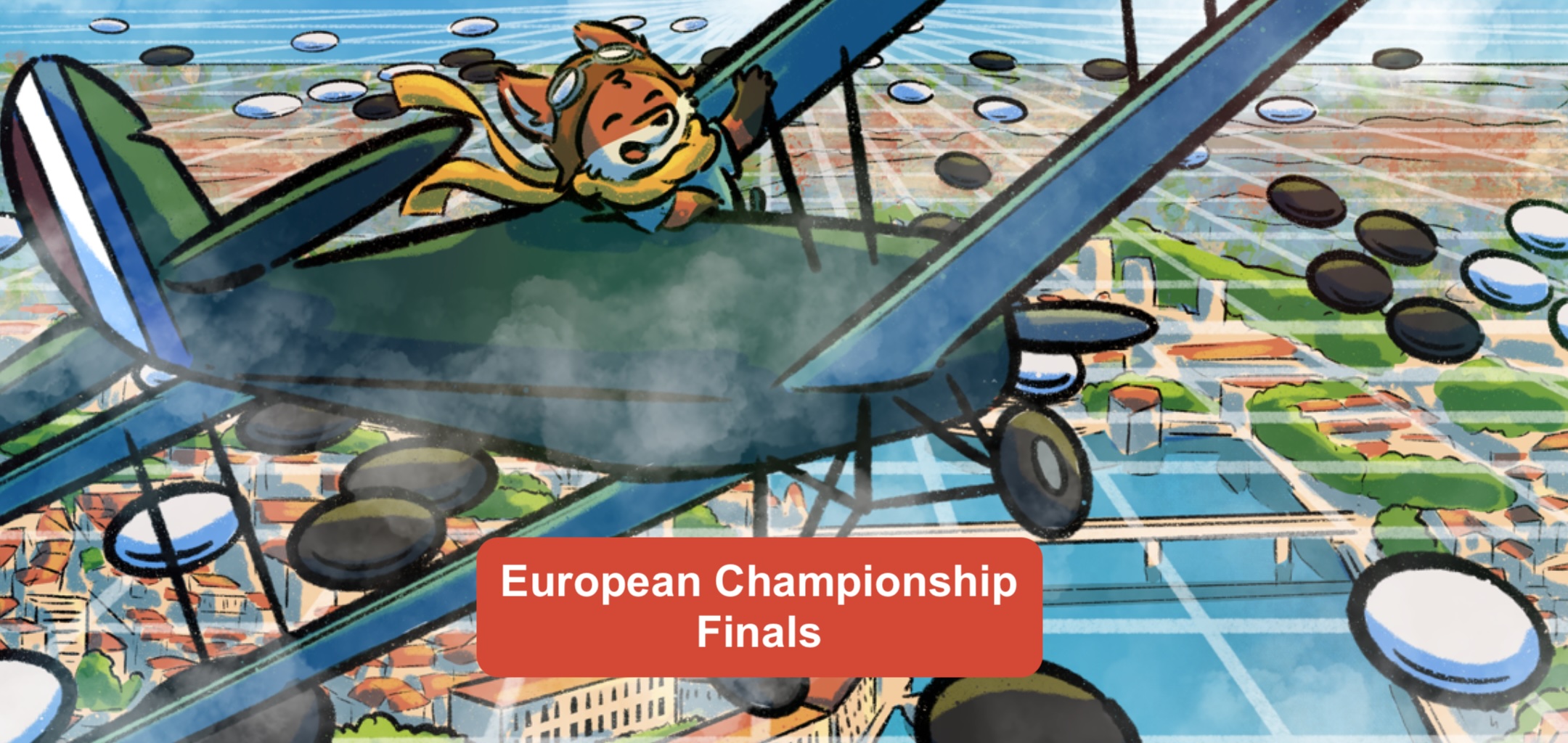
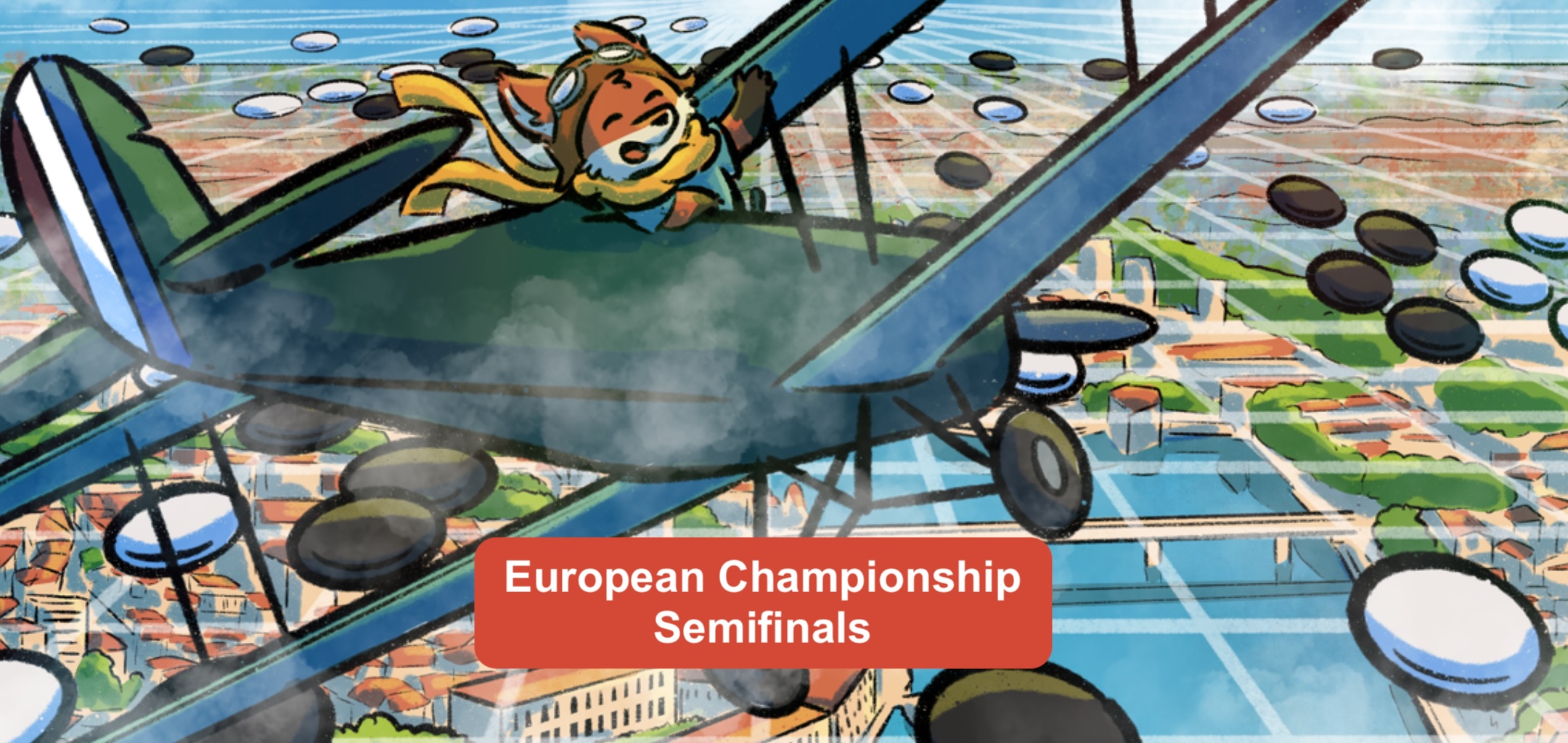
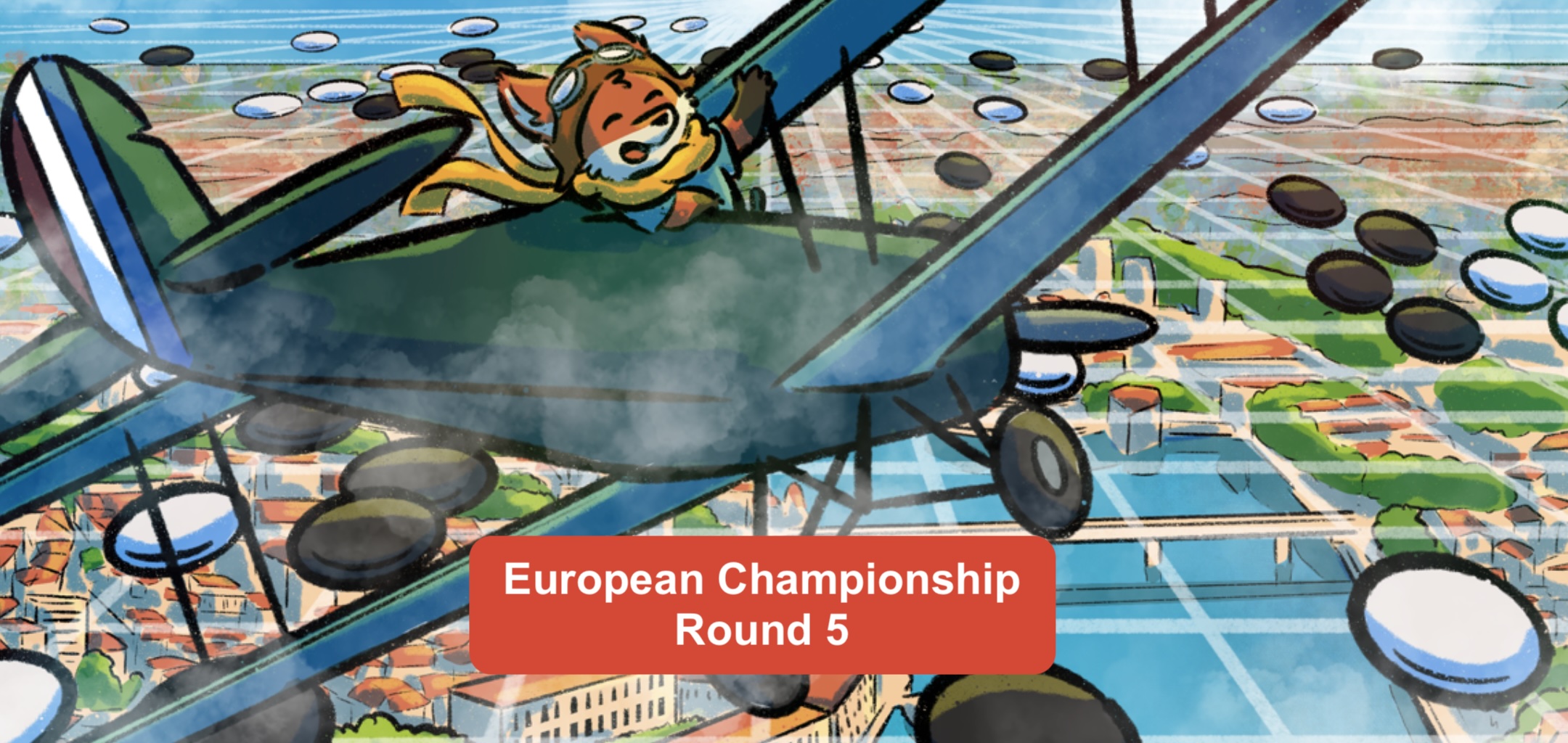
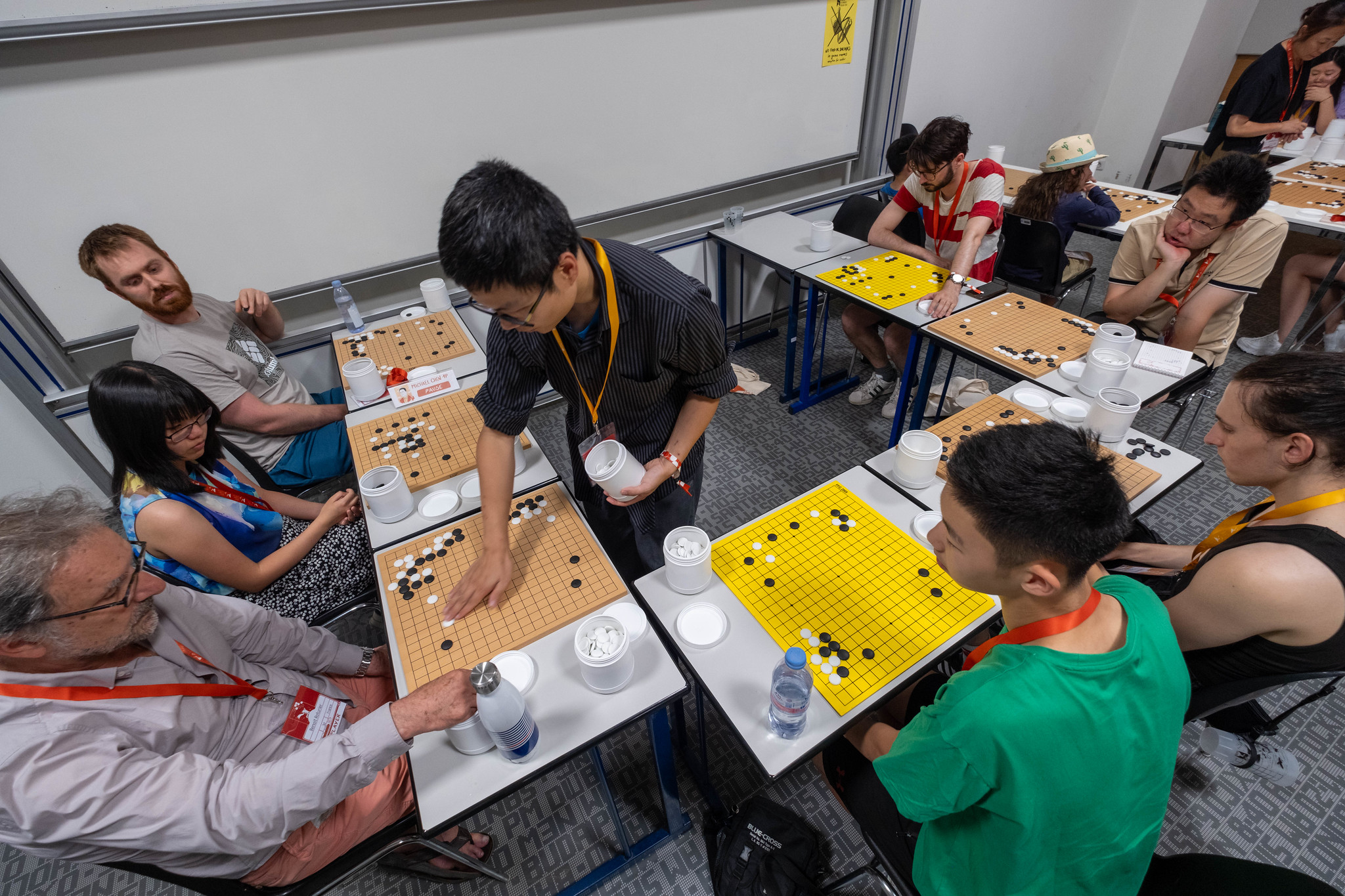
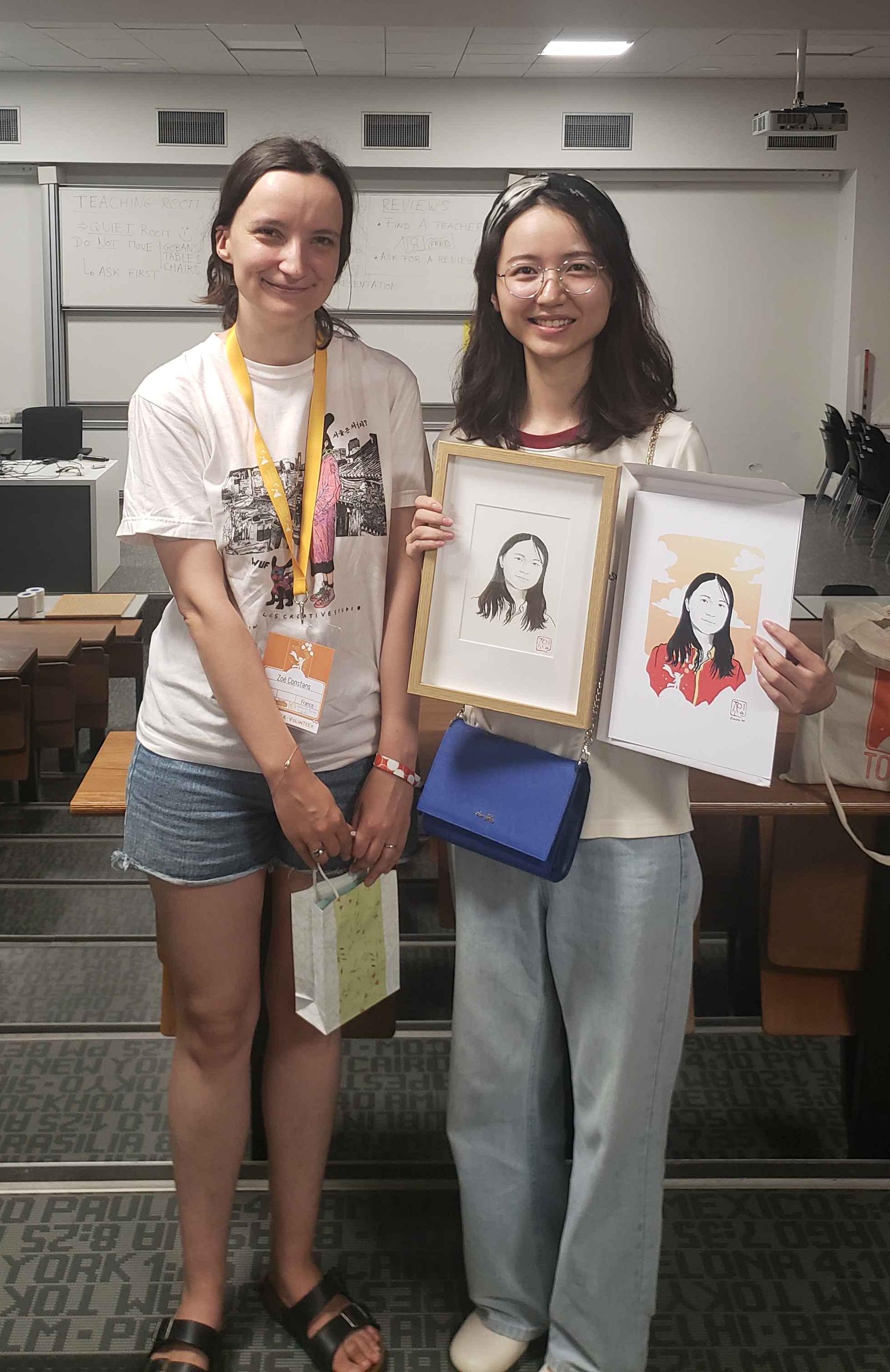
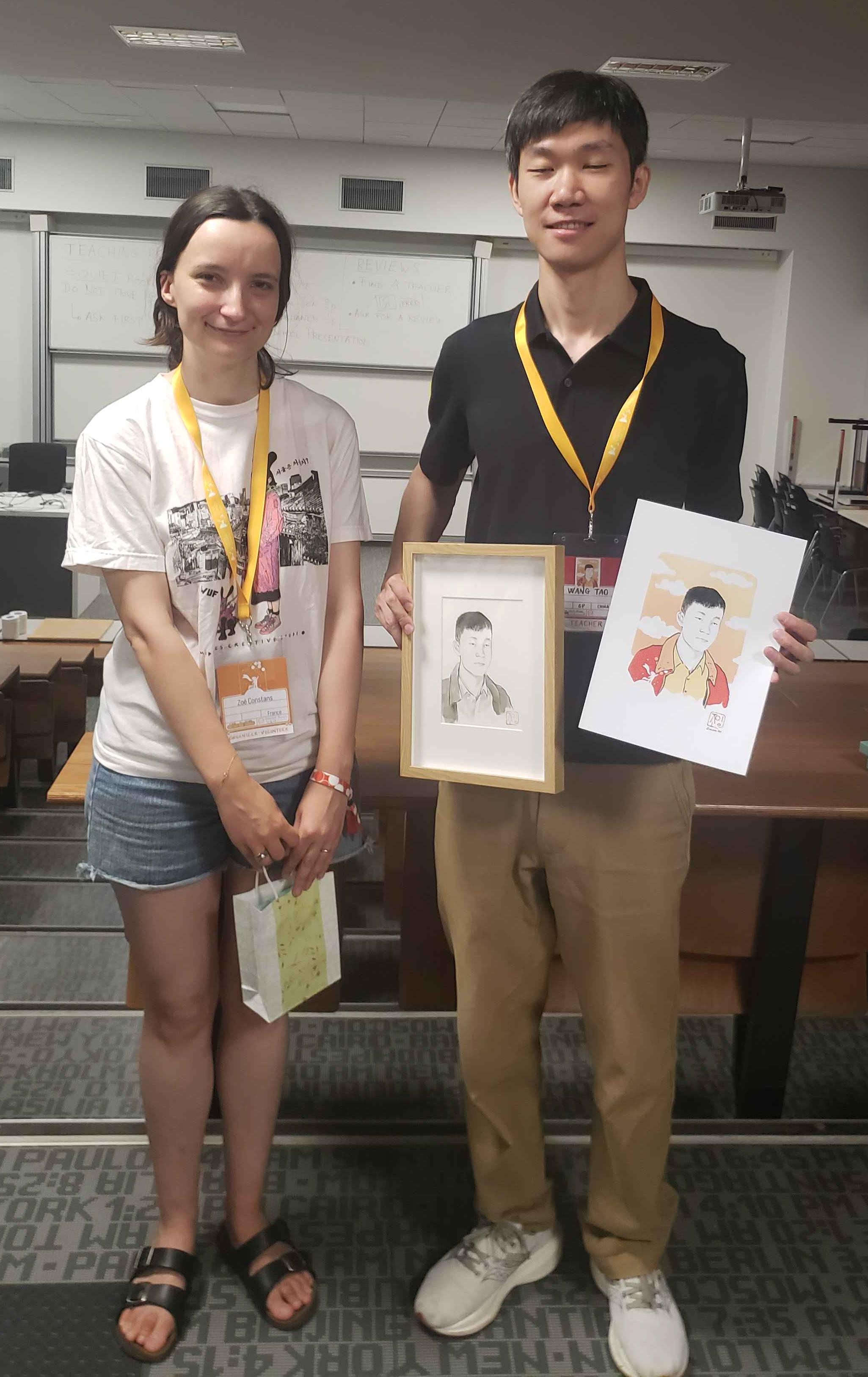
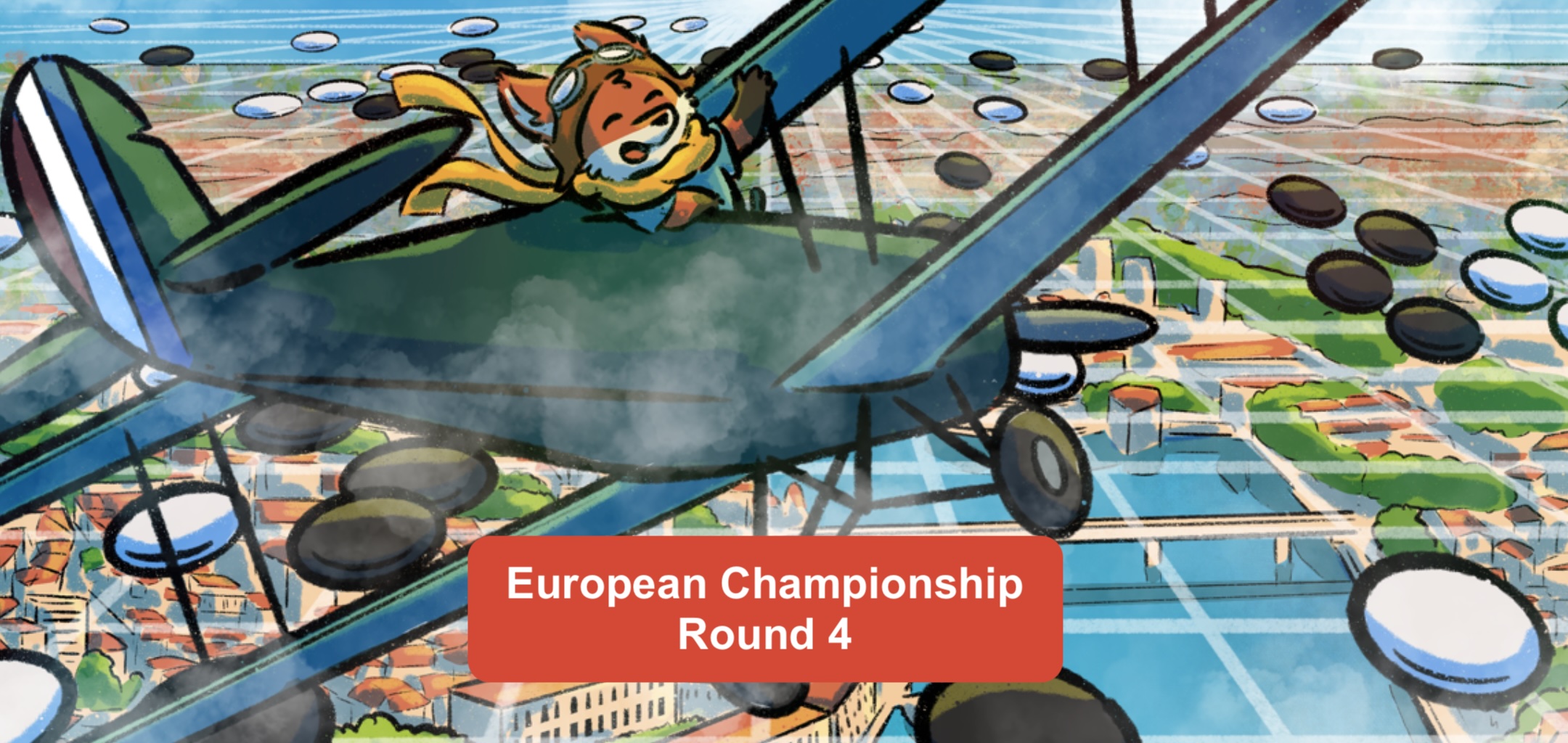
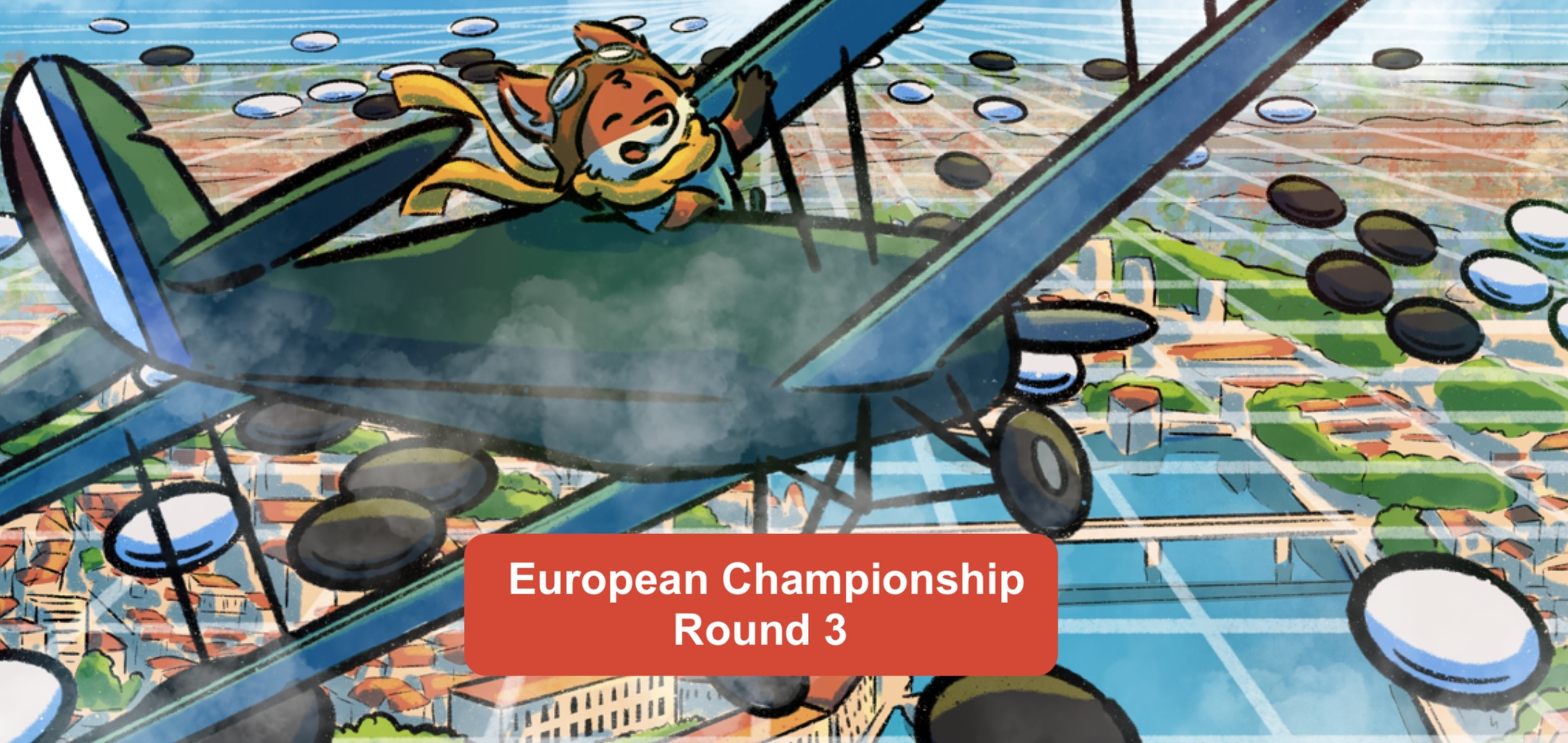
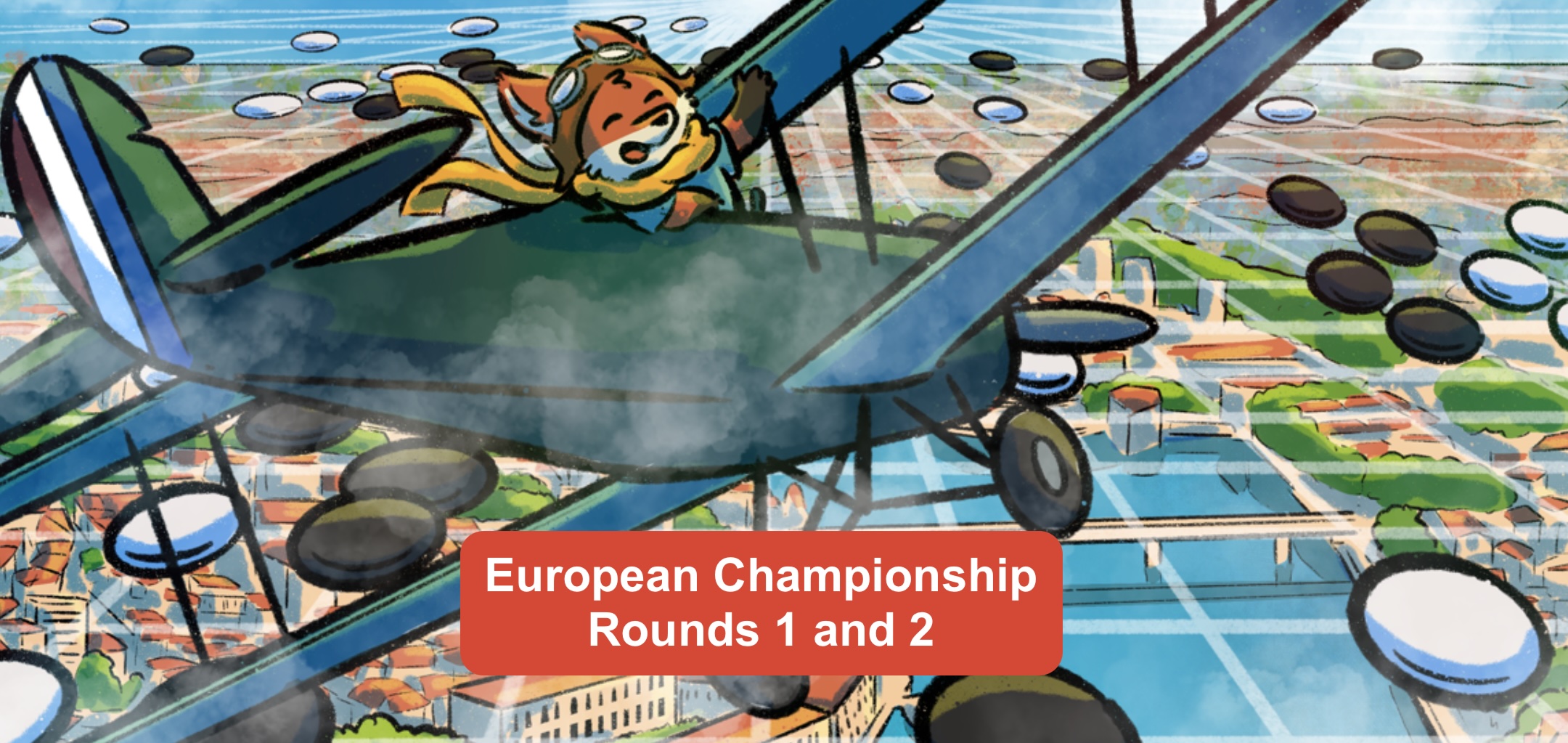
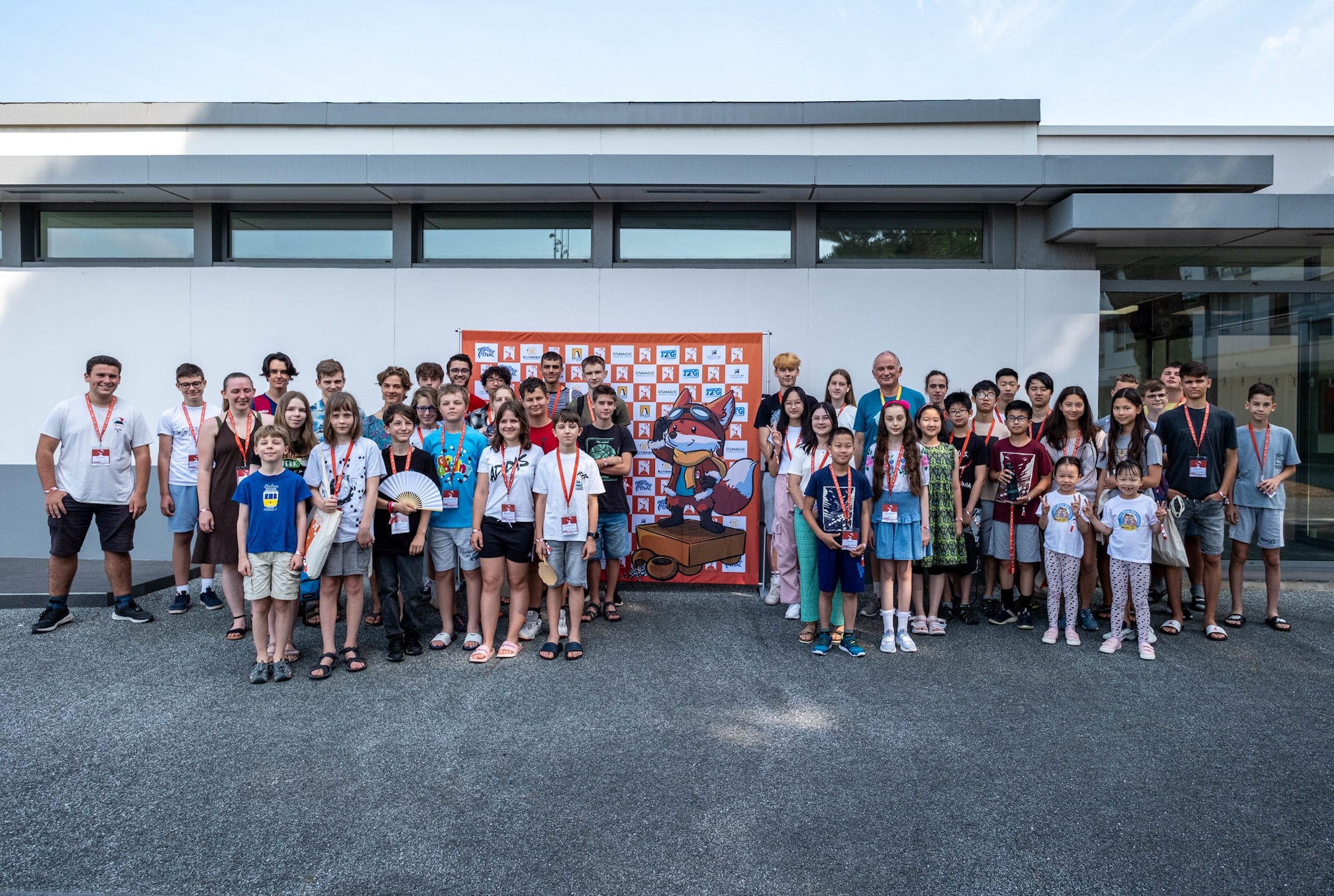
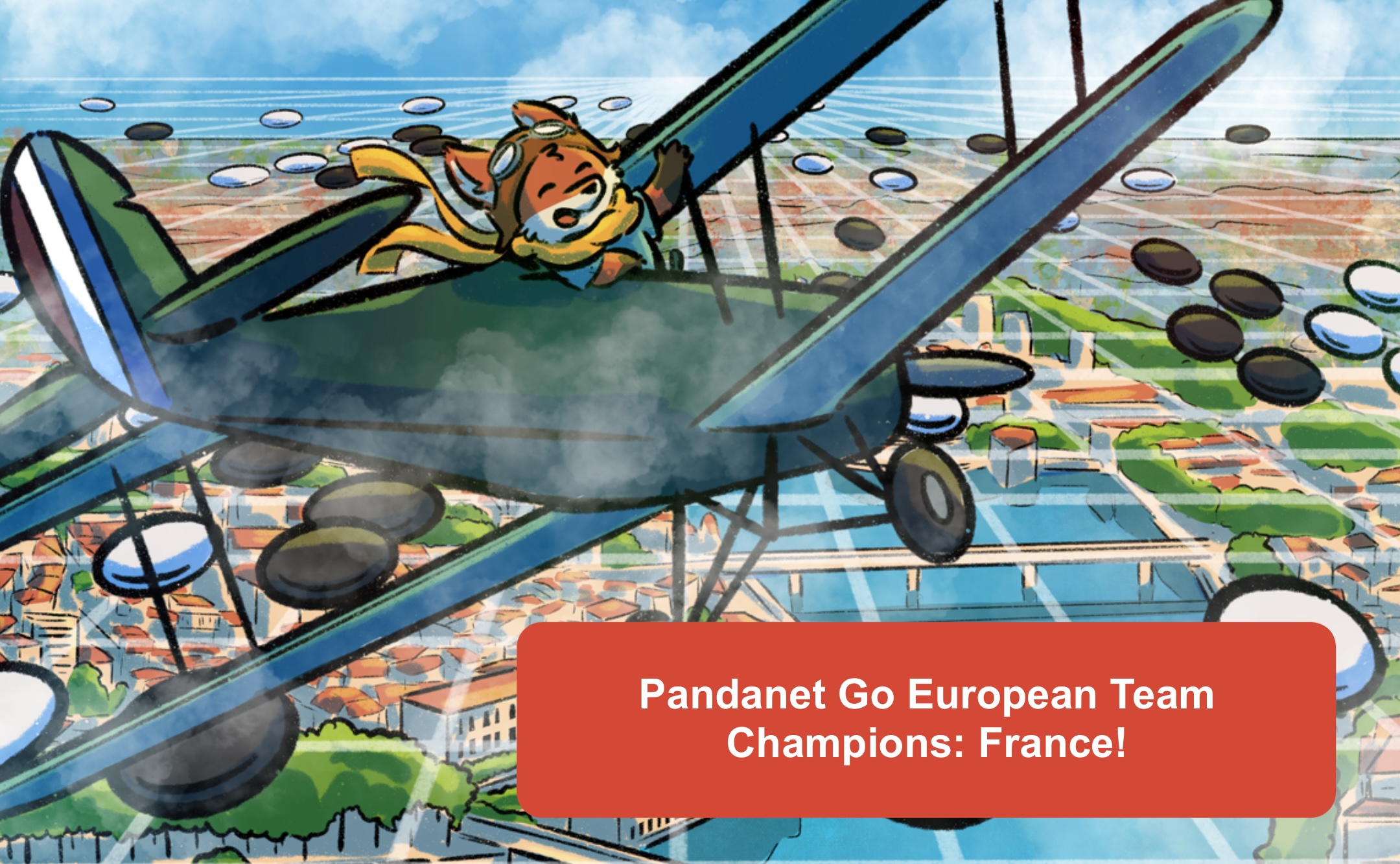
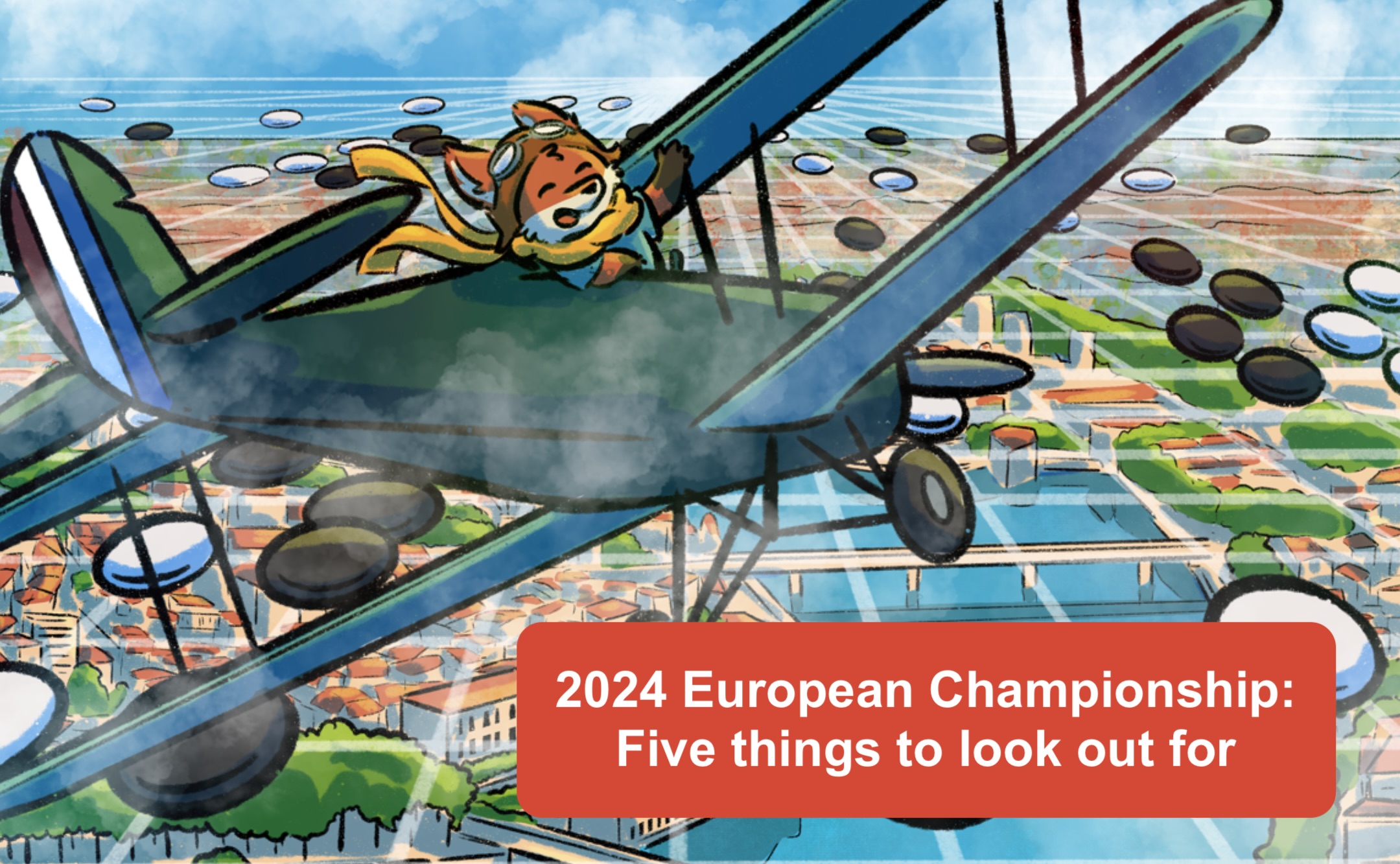
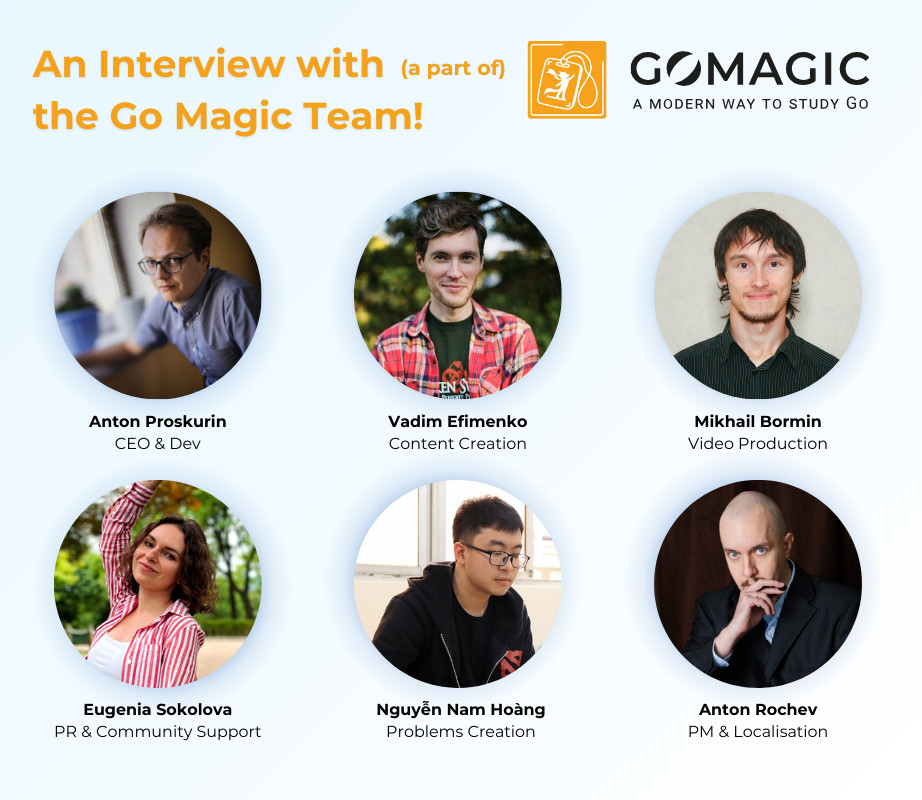
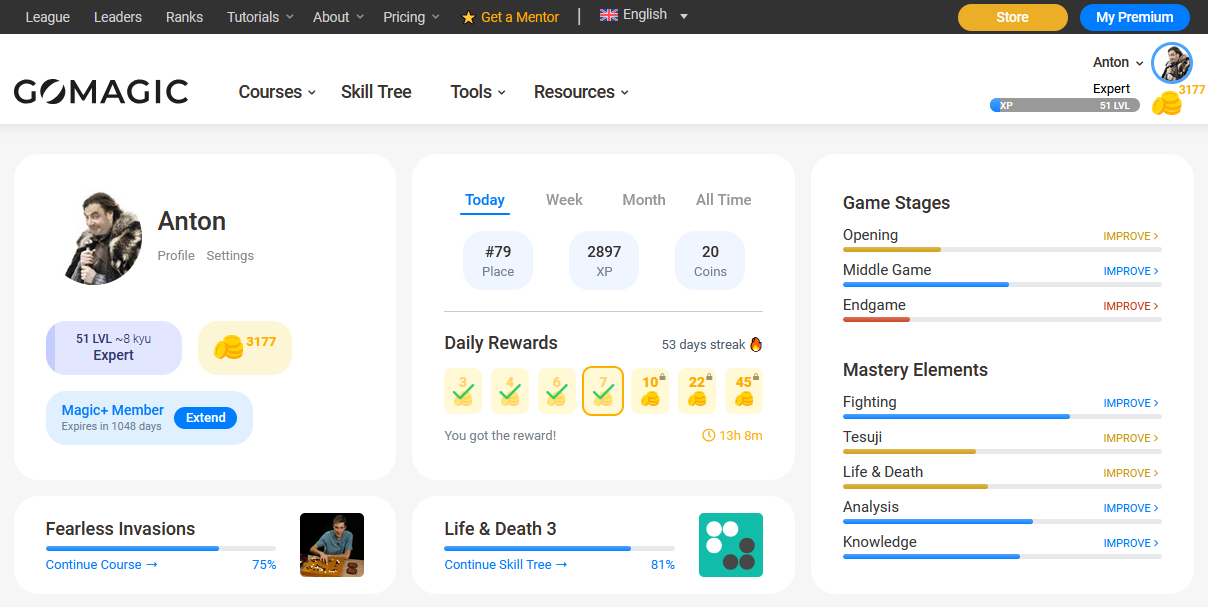
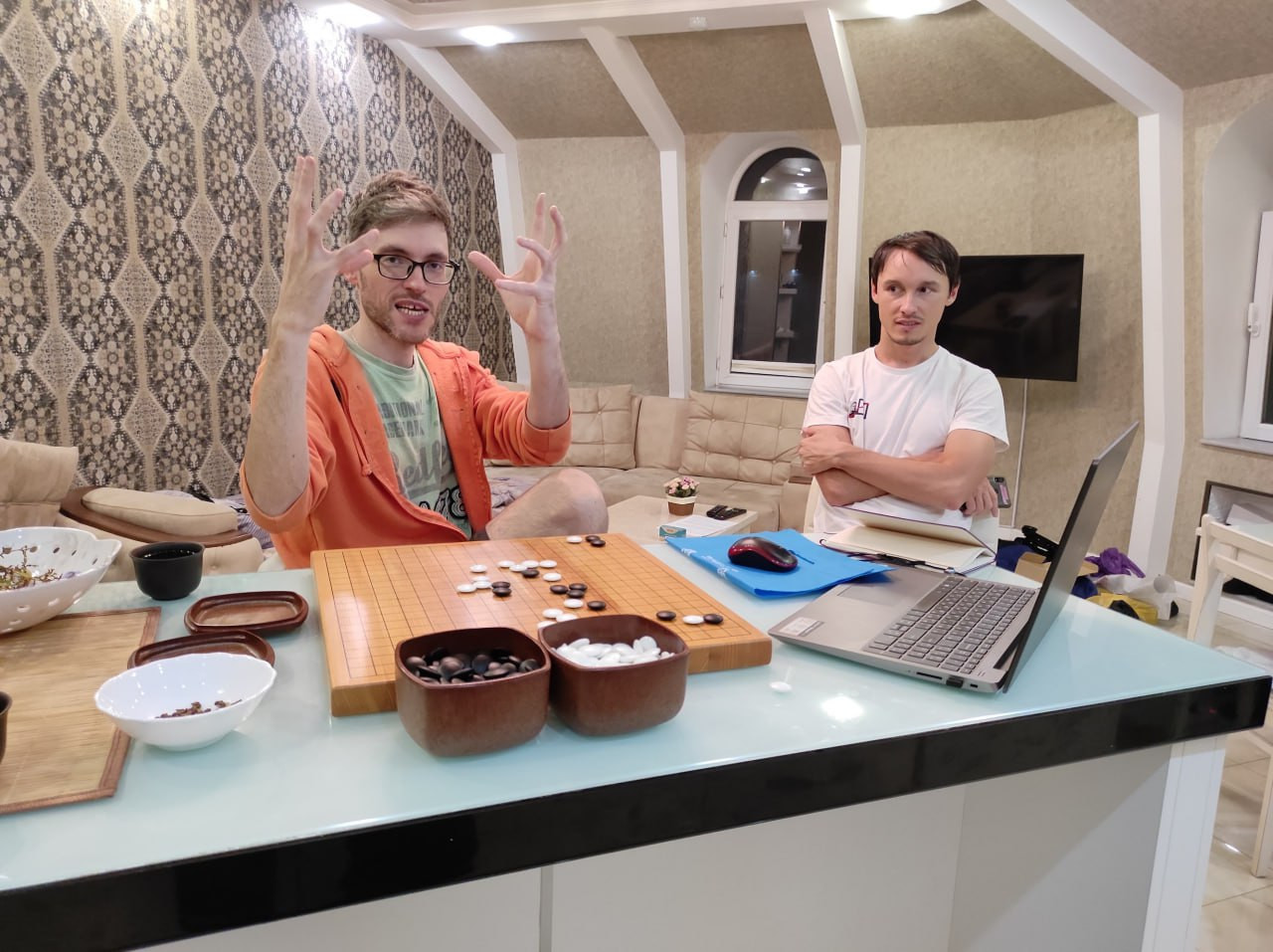
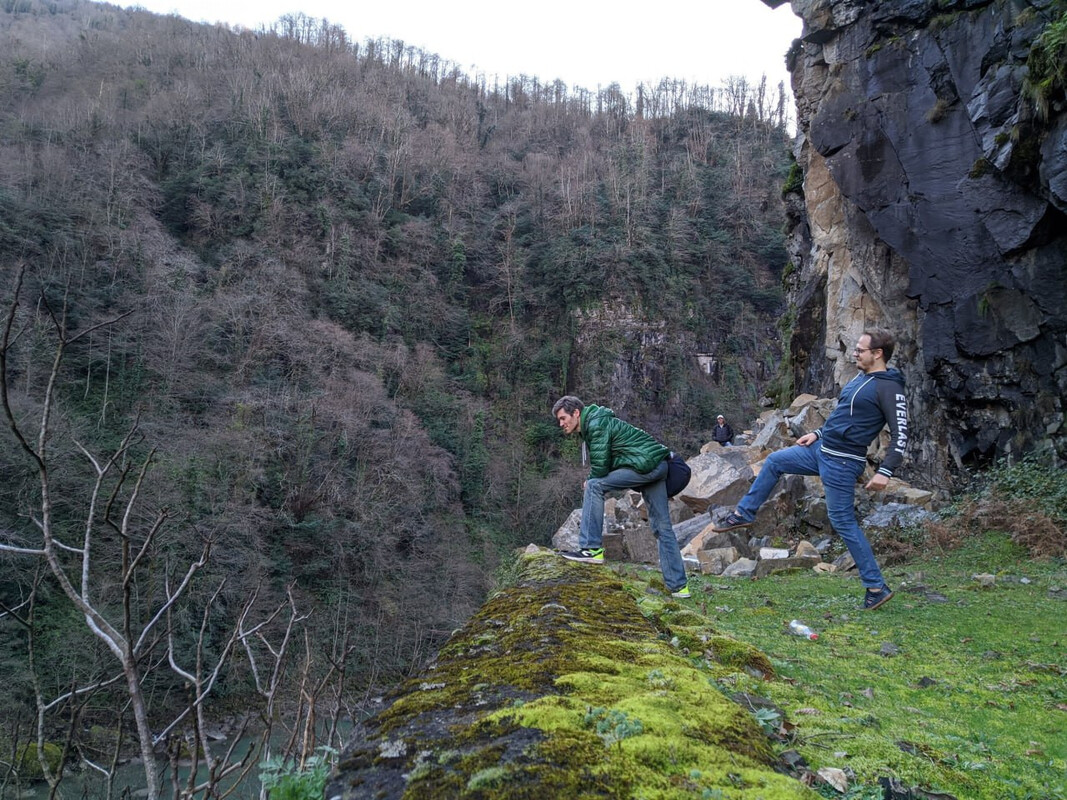

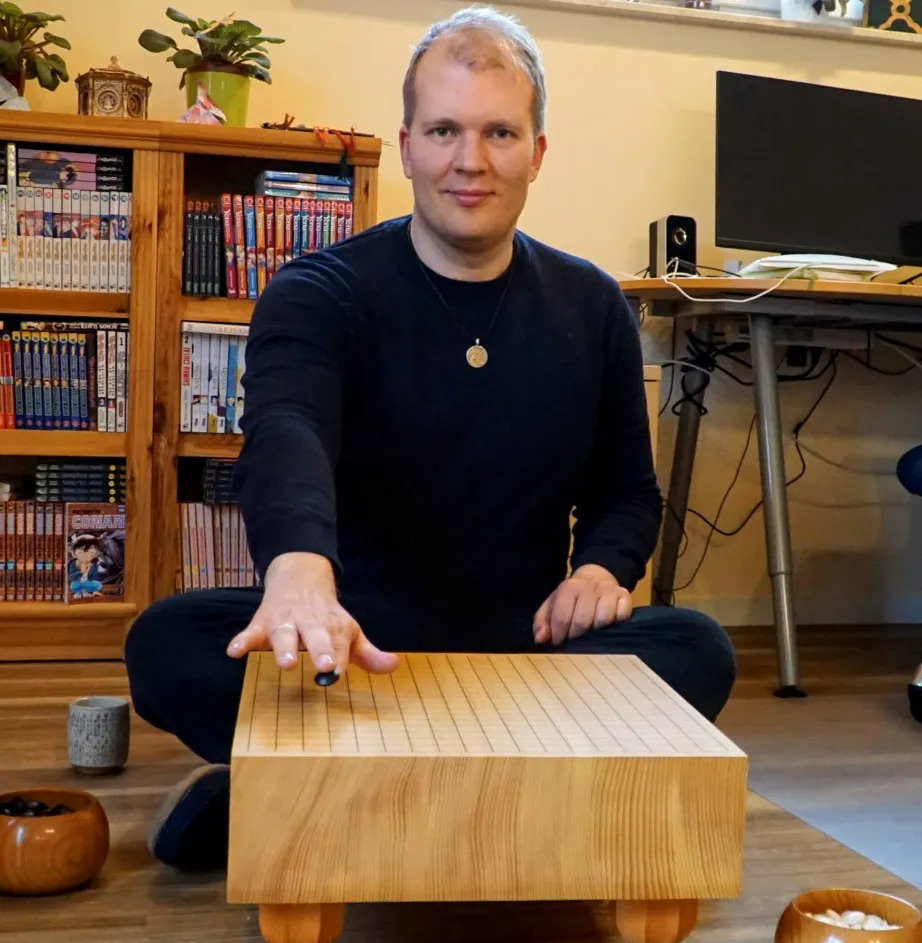
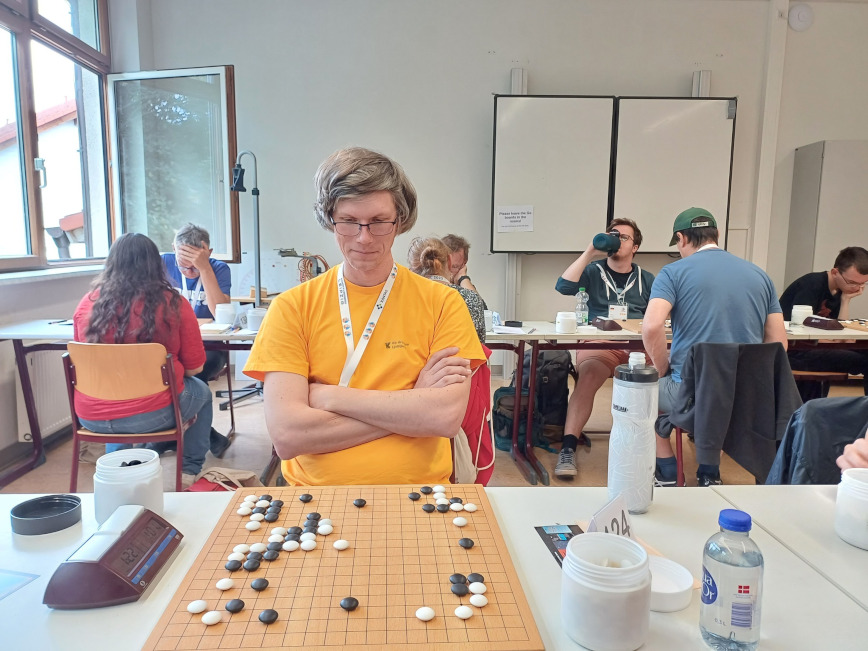
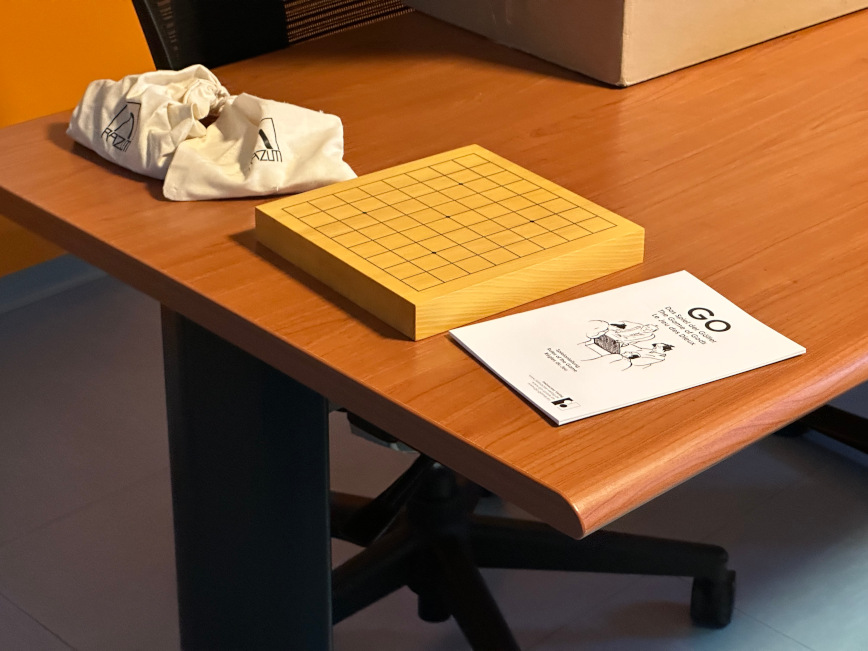

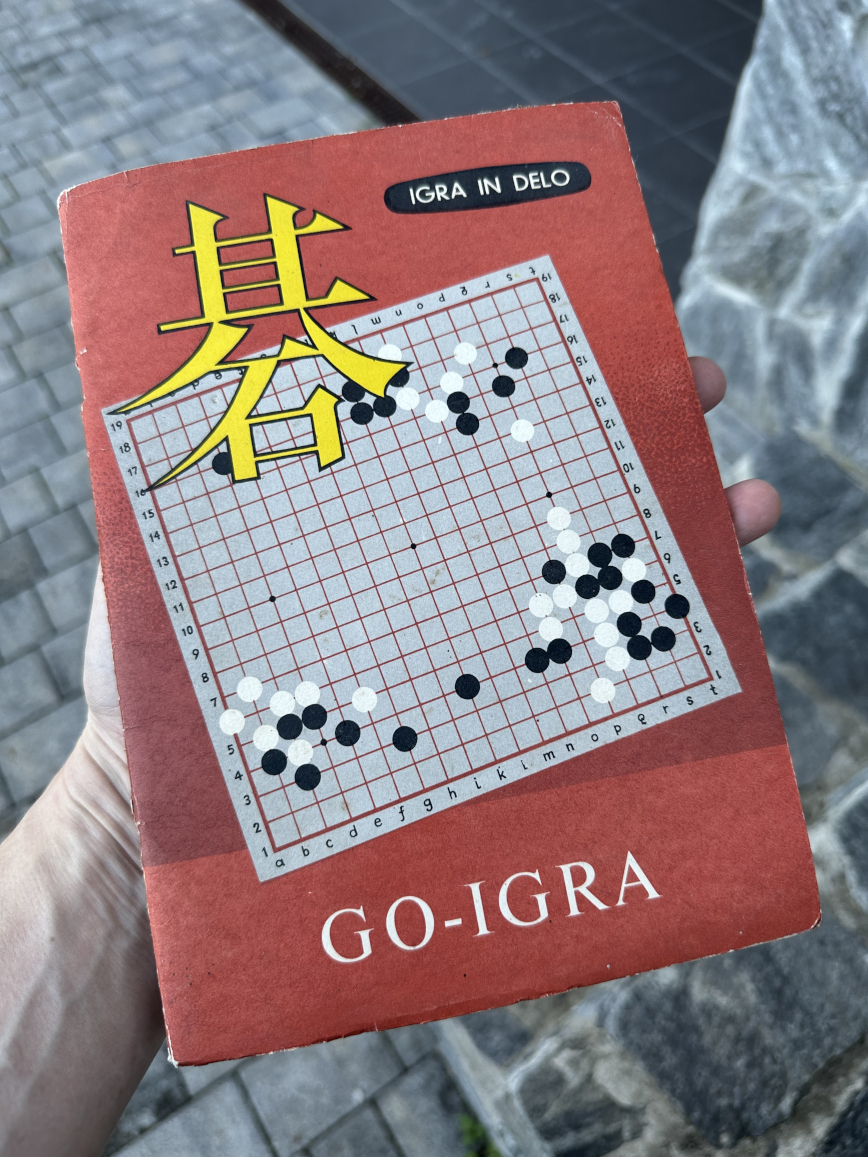
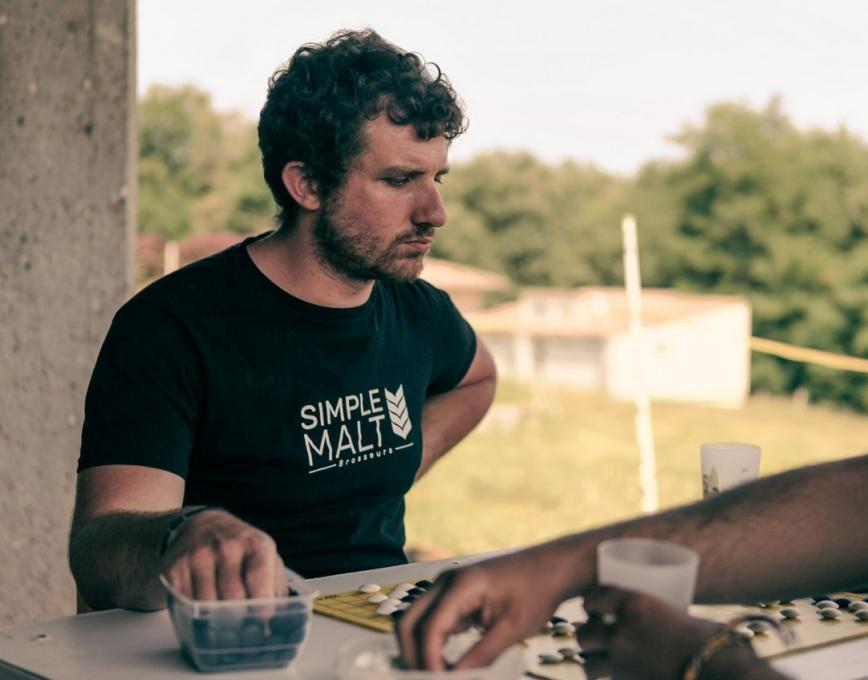







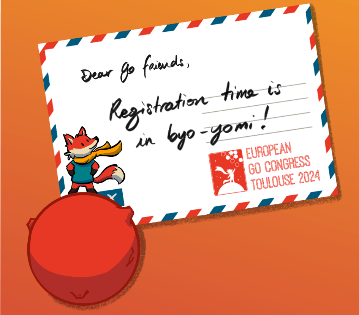
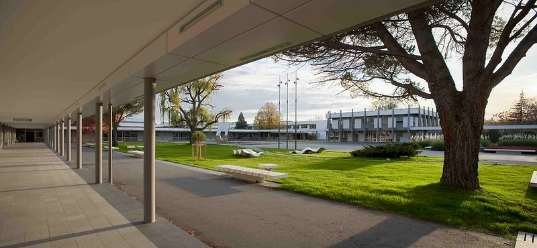 ✨😳 • we had a nice walk in the future tournament place, the ENAC in Toulouse.
It's big, nice, comfortable...We can already imagine the gobans, the stones sound ..."shtrshtr" when in the bowl, then "pa!" on the board.
We can hear the "hhhhhmmmhffff" of strong players who misread a complicated situation and bow over the board in search of a desperate tesuji.
We can picture the rengo tournament and the blitz tournament with clocks suffering from our love of Go 🥰
We can see the European Championship with its serious atmosphere and cameras looking with approbation at the moves of the top players, the big silence soon replaced by the growing whisper of game commentators after someone lost by 0.5...
✨😳 • we had a nice walk in the future tournament place, the ENAC in Toulouse.
It's big, nice, comfortable...We can already imagine the gobans, the stones sound ..."shtrshtr" when in the bowl, then "pa!" on the board.
We can hear the "hhhhhmmmhffff" of strong players who misread a complicated situation and bow over the board in search of a desperate tesuji.
We can picture the rengo tournament and the blitz tournament with clocks suffering from our love of Go 🥰
We can see the European Championship with its serious atmosphere and cameras looking with approbation at the moves of the top players, the big silence soon replaced by the growing whisper of game commentators after someone lost by 0.5...


